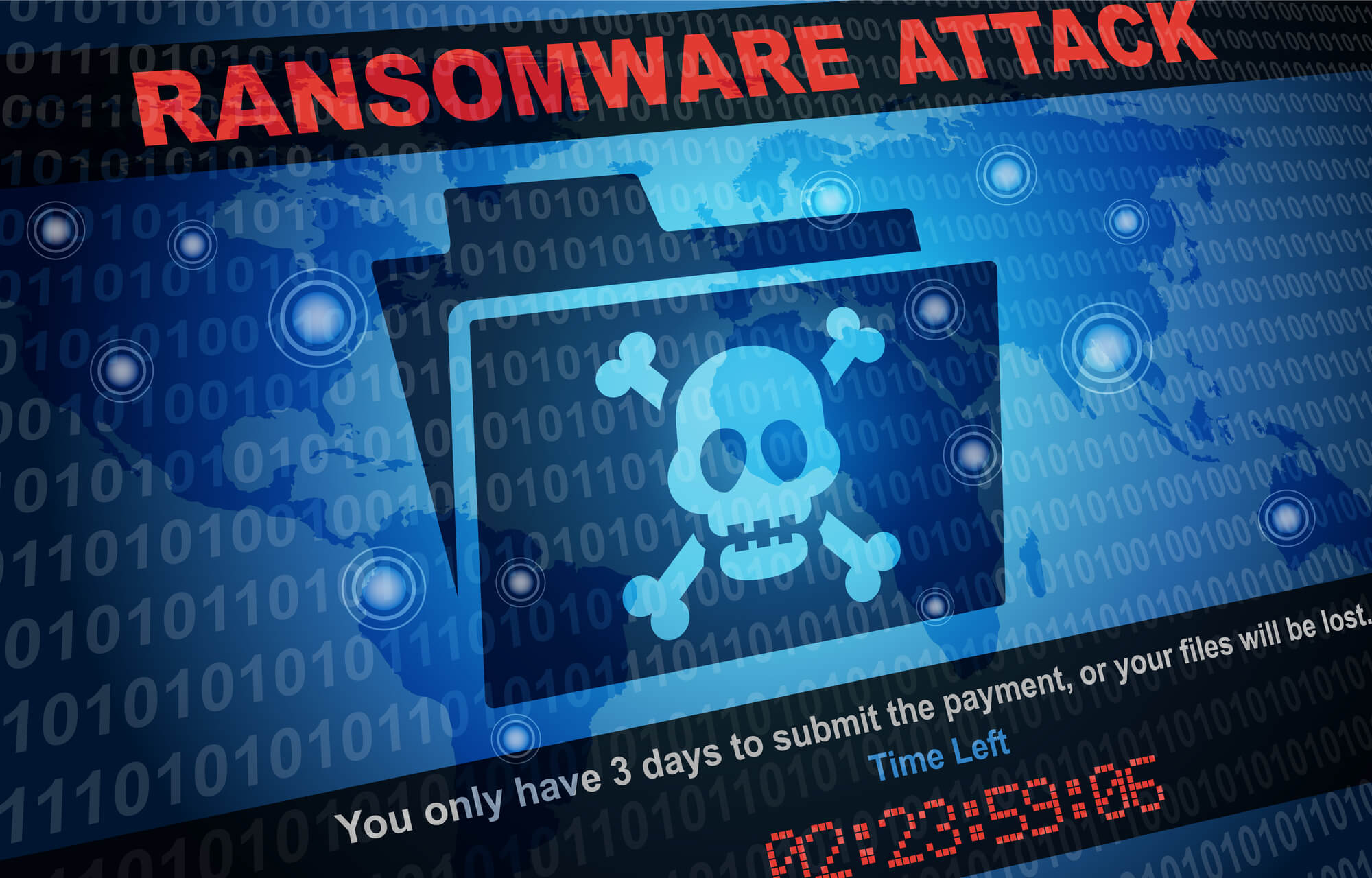
What is a Ransomware Attack?
A ransomware attack is a type of malicious cyber attack in which the attacker encrypts victims’ data or sensitive information located on a computer system or device.
The attacker subsequently requests a significant sum in an untraceable format to provide the decryption key for data restoration. This payment is commonly seen to be in the form of cryptocurrency, making it quite difficult to reverse the charge.
Why should you care?
Ransomware attacks can be detrimental to organizations’ success and growth. Once encrypting victims’ data, the aggressor has complete control over company data which can have multiple implications. Even if victims decide it is best to pay to get their data restored, attackers often refuse to deliver the decryption key.
Ransomware attacks can be lethal traps, so it is important to be aware if affected by one of them.
Impacts of Ransomware Attacks:
Financial Loss
As discussed above, aggressors will request a large payment from the victim to retrieve stolen data. This is always a huge gamble because victims, unfortunately, can’t trust an attacker to return the decryption key even after paying a fee.
Ransomware attacks disrupt business operations leading to a loss of revenue and increased recovery costs. The duration of ransomware attacks can be quite substantial, leaving organizations nonfunctional for weeks at a time.
Data Loss
Once the ransomware attack is launched, data is then encrypted, making it inaccessible to employees. Data loss of company plans, client personal identifiable information (PII), and financial records could have a domino effect and lead to even more devastating consequences. Organizations are prone to face regulatory fines or lawsuits due to the privacy of clients being released.
In addition, the attacker still has access to crucial information systems. This insider access to the organization’s business plans makes them more vulnerable to additional cyber-attacks in the future.
Reputational Damage
Ransomware attacks and reputational damage are closely correlated with each other. The possibility of sensitive data being exposed following an attack will create a trust barrier between organizations and clients. Both current and potential new clients will likely discuss alternative, more trustworthy options. The reputation of organizations is vital for their success when marketing and in obtaining new clients.
Having a strong security posture can help organizations decrease the chance of ransomware attacks that will destroy the reputation of the organization.
Security & Privacy Risks
Ransomware attacks can expose vulnerabilities in the organization’s security posture. Ransomware attackers already have the information needed to steal/encrypt company data. While in the systems, these attackers can exploit other ways in which they can harm the organization in future attacks. The attacker can navigate through systems and create backdoors that let them back into systems later down the road.
Long-term Consequences
The effects of ransomware attacks can be felt for months following the actual attack. Organizations may be faced with fees or legal action, disruption of employee productivity, downtime while addressing solutions to mitigate damages, and the headache and stress ransomware attacks cause.
To mitigate the costs of an attack, organizations need to have robust security policies, invest in employee training, and have an incident response plan in case of emergencies.
Conclusion
Ransomware attacks can have a significant and wide-ranging effect on various aspects of an organization. To keep organizations secure from these attacks, it is important to consider the best security posture for your specific business. One strategy to consider when looking at cybersecurity protection is “defense in depth.”
Defense in depth relates to utilizing a wide variety of different security measures/applications to protect the assets of an organization. It is important to recognize the negative impacts of ransomware attacks and the best practices to defend against them to safeguard an organization's private data.
Don’t become a victim!
To schedule a consultation with our cybersecurity experts, visit our website at www.scarlettcybersecurity.com or contact us directly at 904.688.2211.



